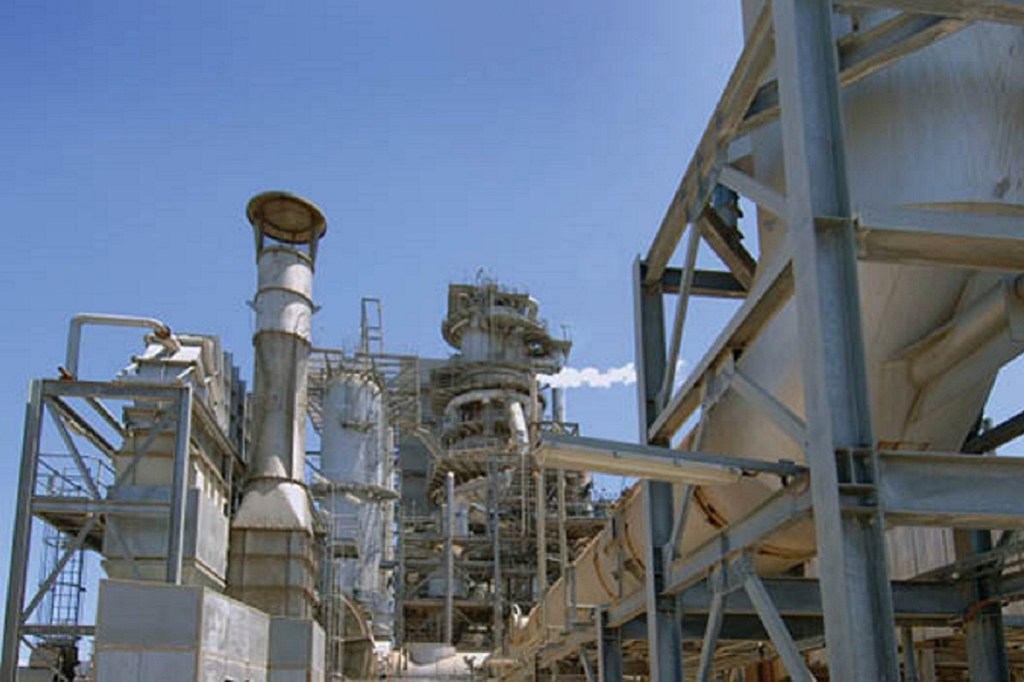ExxonMobil has announced that it will convert its Altona Refinery to an import terminal, presenting a real concern for our national fuel supply.
ExxonMobil’s decision to cease production at the Altona refinery was made following an extensive review of operations, which considered the competitive supply of products into Australia, declining domestic crude oil production, future capital investments and the impacts of these factors on operating earnings.
“We are grateful for the tremendous efforts by our employees to improve the viability of the operation,” said Nathan Fay, chairman of ExxonMobil Australia.
“We extend our thanks to the federal government for the significant support offered to Altona and other refineries. Our decision to convert our facility to a terminal is not a reflection of those efforts.”
The 72-year-old Altona oil refinery in Victoria was one of just four remaining oil refineries in Australia.
In October, BP announced that it would cease production at its Kwinana refinery in Perth and convert it to a fuel import terminal.
BP said the continued growth of large-scale export-oriented refineries throughout Asia and the Middle East had structurally changed the Australian market and made it economically unviable to continue operating.
Ampol is also considering the future of its Lytton refinery in Brisbane, which ran at a full year loss of $145 million last year. Ampol is currently undertaking a comprehensive review of the Lytton refinery, which is expected to be complete in the first half of 2021. Options include permanent closure and the permanent transition to an import model.
With ExxonMobile and BP both transitioning their refineries to import models, this leaves only Viva Energy’s Geelong refinery and Ampol’s Lytton Refinery – but Lytton’s future is hanging in the balance.
So, what does this mean for our national fuel supply? Dan Armes, Founder of ServoPro, says there is cause for concern.
“Australia is part of the International Energy Agency (IEA), where member countries agree to maintain stocks of fuel equivalent to 90 days of their annual net imports in case of an emergency. Currently, Australia has around 30 days of fuel supply. The closure of another refinery means that Australia’s ability to manufacture fuel is less and makes us more reliant on importing finished product from overseas suppliers,” Armes told C&I.
“The Australian government has put in place some plans to increase our fuel storage through their $2.5 billion fuel security package, which was announced in September last year. This hasn’t really been supported by the fuel industry.
“Currently, Australia imports about 90 per cent of our fuel from overseas which shows our huge reliance on fuel imports. This exposes Australia to supply shortages if there is an emergency or crisis affecting the imports. The closure of the Altona refinery will only make Australia more reliant on fuel imports.”

